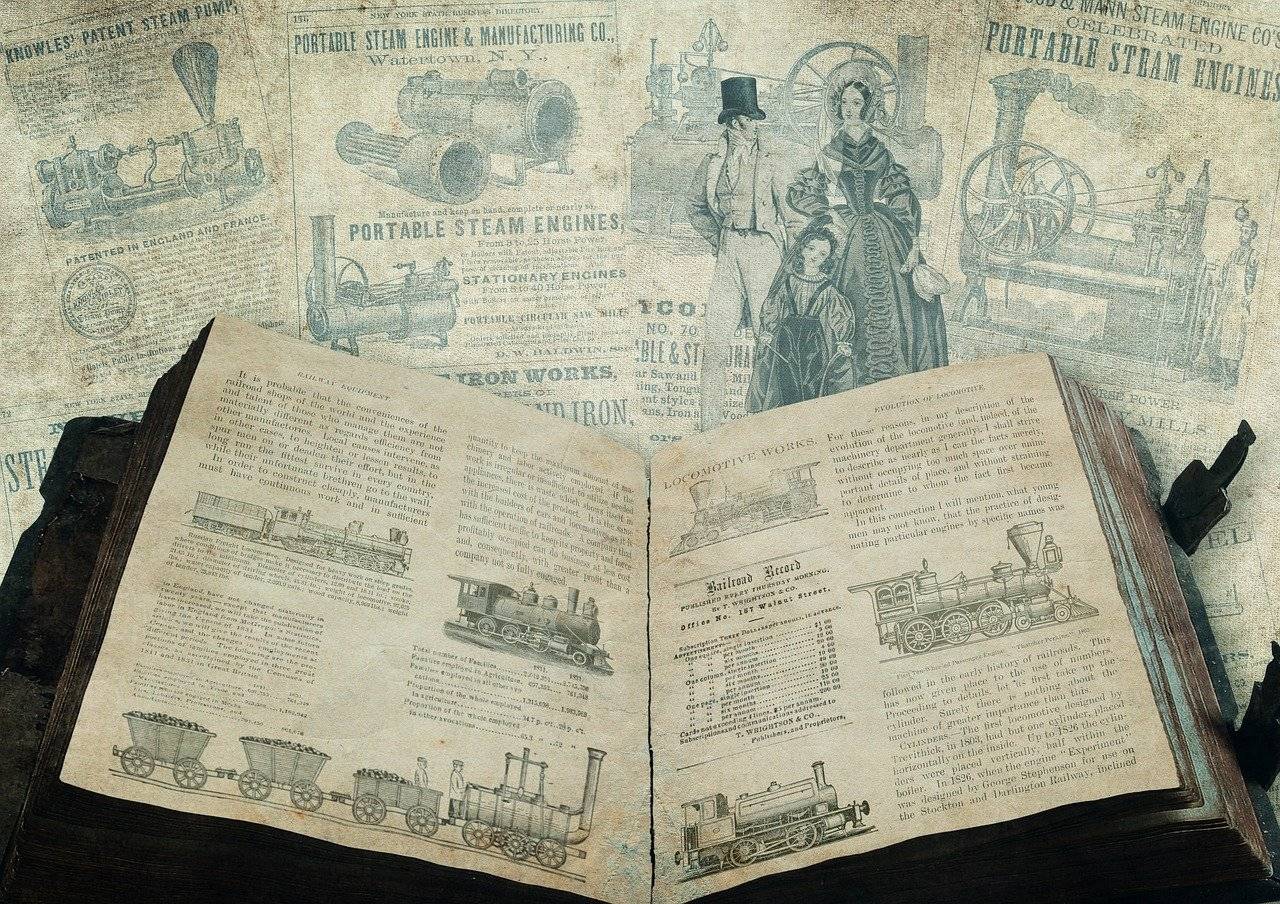First Publication Date: 29th June 2010
The much awaited Bilski decision has been pronounced by the US Supreme Court (Bilski v. Kappos). This closely watched and highly discussed case revolves around patentability of Bilski’s hedging of risks business method invention. From the day when the patent examiner rejected Bilski’s claims calling them ‘mere manipulation of an abstract idea’ the controversy has given rise to a lot of potent questions including the likes of patentability of software and business methods and restrictions on 35 USC 101.
The debate got aggravated when the Court of Appeals for the Federal Circuit (CAFC) decided that the sole test to determine patentability of process claims is the ‘Machine or Transformation’ test. The test highlights that in order to be patentable a process should either be tied to a machine or should bring about a transformation in a physical, tangible object. This in one way closed the doors for business method patents in United States. Much to the relief of the software and business method supporters, US Supreme Court granted certiorari (review of the entire case by Supreme Court) in the matter and hence this judgment delivered on June 28, 2010.
Coming to the judgment the Supreme Court categorically stated that 35 USC 101 specifies four independent categories of invention i.e. process, machine, manufacture and composition of matter. Emphasizing Diamond v. Charabarty the court observed that the only three exceptions to patentable subject matter under 101 are laws of nature, physical phenomenon and abstract ideas.
Referring to the ‘Machine or Transformation’ test the Court observed that the CAFC erred in holding that the Machine or Transformation test is the sole test for determining patentability of process claims. There may be other processes that are neither tied to a machine nor do they bring about a change in any physical, tangible object but still are patentable subject matter under 101. However, the court did acknowledge that the Machine or Transformation test is a useful and important clue or investigative tool for determining the patentability of such process claims.
Ultimately talking about business method patents 5 out of 9 judges agreed that the term process in 101 does not explicitly exclude business methods. Further section 273 appears to confirm that business methods were contemplated to be patentable subject matter by the federal patent law. The court’s opinion on this point is loud and clear and can be summed up by the following observation of the court-
“The Court is unaware of any argument that the ordinary, contemporary, common meaning, of method excludes business methods.”
To conclude, it is overall good news for applicants looking to patent business methods. Atleast now they don’t have to encounter the question of business methods not being patentable subject matter. The Supreme Court made it amply clear that business method patents do fall within the scheme of the US patent law. However, in absence of any guidelines, regarding business method/software patents, from the apex court it will be a waiting game before the line between business methods and abstract ideas becomes clear.
The debate got aggravated when the Court of Appeals for the Federal Circuit (CAFC) decided that the sole test to determine patentability of process claims is the ‘Machine or Transformation’ test. The test highlights that in order to be patentable a process should either be tied to a machine or should bring about a transformation in a physical, tangible object. This in one way closed the doors for business method patents in United States. Much to the relief of the software and business method supporters, US Supreme Court granted certiorari (review of the entire case by Supreme Court) in the matter and hence this judgment delivered on June 28, 2010.
Coming to the judgment the Supreme Court categorically stated that 35 USC 101 specifies four independent categories of invention i.e. process, machine, manufacture and composition of matter. Emphasizing Diamond v. Charabarty the court observed that the only three exceptions to patentable subject matter under 101 are laws of nature, physical phenomenon and abstract ideas.
Referring to the ‘Machine or Transformation’ test the Court observed that the CAFC erred in holding that the Machine or Transformation test is the sole test for determining patentability of process claims. There may be other processes that are neither tied to a machine nor do they bring about a change in any physical, tangible object but still are patentable subject matter under 101. However, the court did acknowledge that the Machine or Transformation test is a useful and important clue or investigative tool for determining the patentability of such process claims.
Ultimately talking about business method patents 5 out of 9 judges agreed that the term process in 101 does not explicitly exclude business methods. Further section 273 appears to confirm that business methods were contemplated to be patentable subject matter by the federal patent law. The court’s opinion on this point is loud and clear and can be summed up by the following observation of the court-
“The Court is unaware of any argument that the ordinary, contemporary, common meaning, of method excludes business methods.”
To conclude, it is overall good news for applicants looking to patent business methods. Atleast now they don’t have to encounter the question of business methods not being patentable subject matter. The Supreme Court made it amply clear that business method patents do fall within the scheme of the US patent law. However, in absence of any guidelines, regarding business method/software patents, from the apex court it will be a waiting game before the line between business methods and abstract ideas becomes clear.



